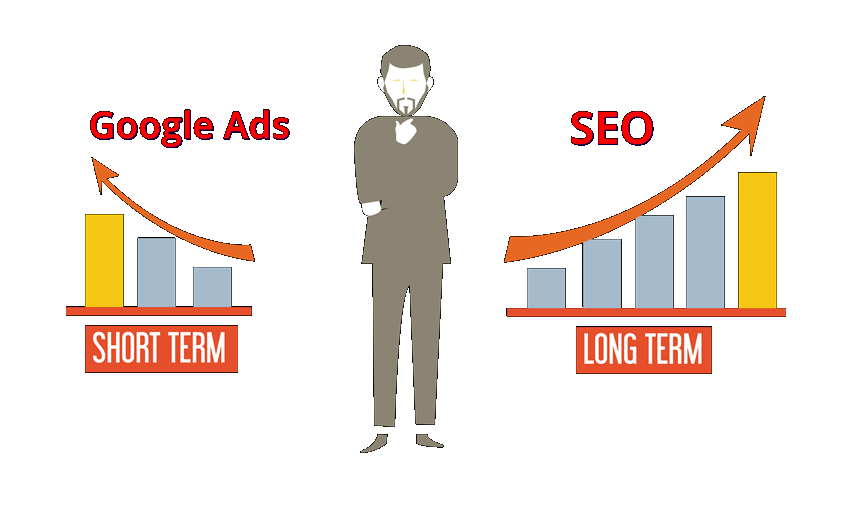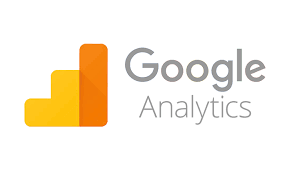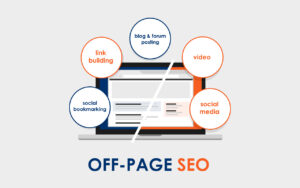While many different channels can generate leads, they’re not all equal. The real question is which is better for lead generation: paid ads or SEO?
In the short term, paid advertising is a fantastic means of gaining results. Your website can begin generating targeted traffic from day one, but it isn’t free. SEO can, however, bring you traffic to your website for free, over time. That means that even if you stop investing in SEO, you will still have traffic. Additionally, if you do not use a service, you can do it yourself for free. Rather than get into which one has a better return on investment immediately, let’s take a look at the pros and cons of each.
PAID ADS VS. SEO
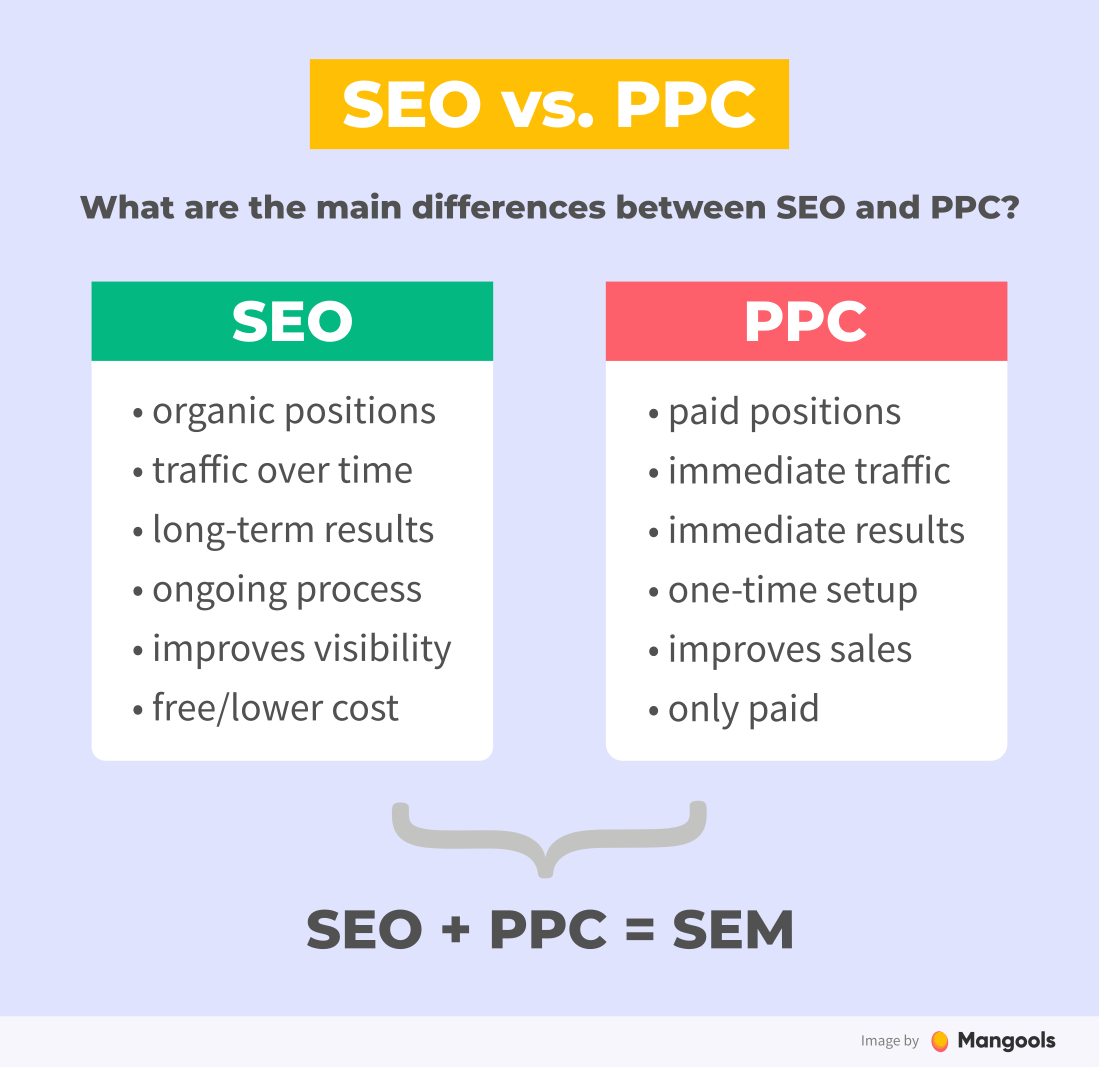
PAID ADS: Pros

Fast results are one of the biggest pros of paid ads. As soon as you start the campaign, you get clicks. They may not always be profitable, but they do get clicks. It is a pleasure to get the results from the campaigns and you get them quickly as well. In real-time, you can see which keywords are working, what demographics, locations, etc. best suit your business and optimize accordingly. With paid ads, you can have as many options with targeting as you want.
Additionally, you can target specific regions or cities, specific countries, or even specific areas within a radius of your business. Not only that, but you can personalize almost every area within your segmentation. That helps you fine-tune relevant messaging, according to each form of segmentation, and that’s easy with paid ads.
Immediate Results
Among the many benefits that you can reap from integrating PPC into your overall marketing strategy is the ability to generate immediate results. You will have to utilize your marketing budget very efficiently since you will be paying when a potential lead or customer clicks on one of your ads. You should be able to generate most of your clicks from real interested parties in what you are offering by only paying for clicks, and so experience high conversion rates as a direct result of that targeted marketing. You can simply run a PPC campaign to determine whether or not a market is viable if you are looking to enter the one that you are not sure of.
Reach
Another advantage of PPC is that it allows you to target a wide audience or narrow your target audience to as narrow a niche as you want. You should be able to minimize your target to reach only your ideal client if you have narrowed down your target to a very specific demographic.
High Returns
Even though running a PPC campaign can be expensive, you are going to be able to achieve a high return on investment, since you will have the flexibility to make adjustments, and you will only be charged when someone clicks on one of your ads. Thus, if your landing page or offer is highly optimized and enticing enough, you should be able to generate a good ROI overall.
PAID ADS: Cons
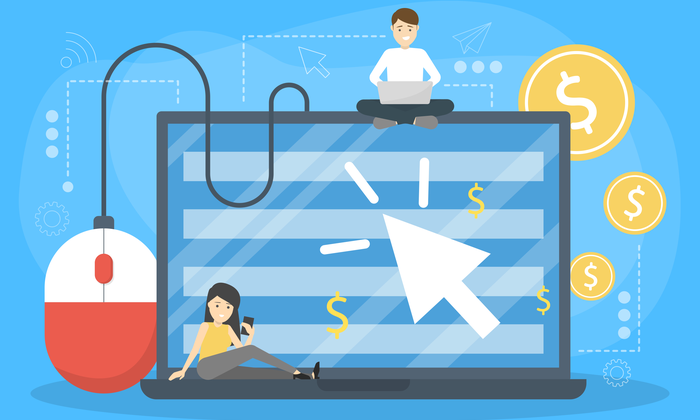
The cons are as follows. Advertising must cost money, or you won’t get any benefit from it. It should go without saying that you should not advertise if you don’t have the money. However, some ads are highly profitable, so keep that in mind. Nobody would keep running ads if they weren’t profitable. You will be able to determine your ability to generate revenue from your paid ads pretty quickly, if you’re willing to just spend a little bit of money upfront, or if you register with some of those hosting companies that offer it for free.
The main con is that it typically starts costing more and more money as you scale up, even though you generate revenue and can scale up quickly. If you’re scaling up or time just goes on, your cost per lead cost per visitor, and cost per conversion typically keep going up as time goes on.
Requires Capital
Pay per click, unlike SEO, is a strategy that requires a significant amount of capital. The initial stages might see you spending more than you are bringing back until you are better equipped to optimize it. Eventually, you will be able to generate enough sales to offset what you are spending. Thus, you should have a safety net as well as money to invest in every campaign.
Requires Testing
This method of marketing requires testing and analysis of results to improve each campaign, though this is not necessarily a negative. PPC and SEO both have a lot of pros and cons. In today’s digital marketplace, both are essential to an effective marketing mix. You should run both strategies concurrently and focus your marketing efforts on both at the same time.
SEO: Pros
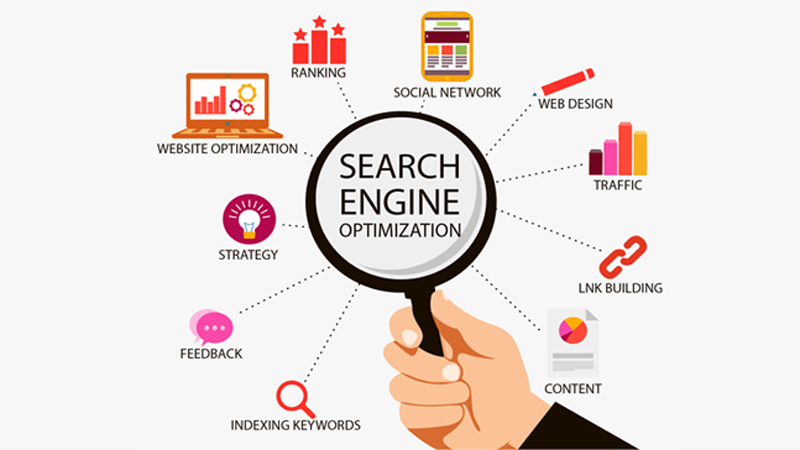
First off, SEO is scalable. Once your efforts start paying off, they usually keep paying off. As long as you just keep doubling down and doing the right things, or at least put on maintenance mode. SEO results tend to compound more over time. And the more authority your website gets and the more authority you have in the space, the better off you’re going to do. SEO works 24/7. See what’s different about PPC and SEO is the moment you stop paying, you don’t get any more leads and traffic.
With SEO, you keep getting that traffic. And you don’t need to add an extra budget to keep your campaigns on daily. you don’t have to turn off your campaigns because no one’s managing the phones. With SEO, you still get the traffic. SEO is very profitable. is higher with SEO traffic than paid advertising.
SEO is more engaging and creates much better brand loyalty in the long run. The cost per acquisition is much lower than paid media, which makes SEO very attractive in the long run. According to HubSpot, 61% of B2B marketers stated that SEO and organic traffic generated more leads than any other marketing initiative. In other words, it gets more clicks. According to WordStream, Google Ads gets an average click-through rate of 3.17% on the search and 0.46% on display.
Budget-Friendly
The implementation of search engine optimization is something that is largely free in terms of the resources that must be utilized. Search engine optimization is largely a matter of algorithms, so you are not going to be required to pay money for advertisements, rankings, or anything else like that. Instead, you will optimize your website both on and off-site to improve your ranking for specific key phrases and keywords within a particular market.
Returns On Investment
Because SEO does not always require much capital to implement, if done correctly it can result in a substantial return on investment for your company. As a result, you will be able to attract all kinds of visitors to your website without having to pay incrementally for them. If you are looking for a way to actually turn a profit from your investment, SEO might be one of your best options.
Ensures Brand Trust
With the implementation of SEO, you are also able to build a good deal of brand trust efficiently. Your website will look more credible and build more brand trust if you rank high on search engines. High rankings will be viewed as a positive sign of your website’s credibility by potential customers, which will ultimately benefit your business.
Brand Recognition
In addition, your brand and business will have a much greater chance of being recognized. Your brand will be seen more often if you rank high. By ranking higher on search engines as a direct result of proper SEO implementation, you should be able to achieve a lot better overall brand recognition.
SEO: Cons

Now let’s go over the cons because there are cons of SEO as well. First off, it takes time. You want results right away, not going to happen. You want results within three months. You may get some, but not what you’re looking for. And it’s super competitive and it’s getting more and more competitive because it produces a higher ROI. The other SEO issue is the SEO traffic doesn’t convert as well. Remember, to rank well in Google, you tend to have to write lots and lots of content.
Those pages don’t convert as well versus the page that says, oh, looking for auto insurance? Put in your zip code or your address and click the next button. Can’t do that with SEO. You have to create content on the page. Google can abruptly also change its algorithm and rules, which can hurt your SEO, with a snap of its fingers.
Google has done thousands of algorithm updates. They never released the number, but it’s a lot. They’re releasing changes daily. You just don’t know about them because most of them are small, but when they release the big ones, that’s a bad part about SEO.
Time
Implementing and implementing SEO successfully can be expensive due to the amount of time it takes. Though it doesn’t require a lot of financial resources to implement, SEO can take up a lot of your valuable time, resulting in an opportunity cost for your business.
Delayed Results
Another disadvantage of this marketing and lead generation strategy is the fact that you will likely experience delayed results when you implement it. Optimization takes a lot of time, both on and off-site, so there are no immediate results or returns when it comes to it.
Relying On Search Engines
This type of marketing strategy has another disadvantage in that you will depend on search engines for results. There is a lot that can go wrong with a particular search engine’s algorithm that can lead to your website being knocked down in the rankings or worse yet, completely deindexed. Because of this, your success will be heavily dependent on these dynamic algorithms.
Summary:
In this new generation there are both pros and cons in everything we do, do make sure the pros are better than the cons fo you will not make any loss from the decision you make.

